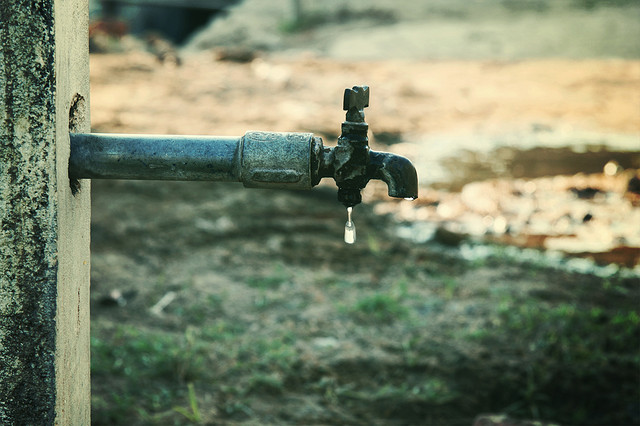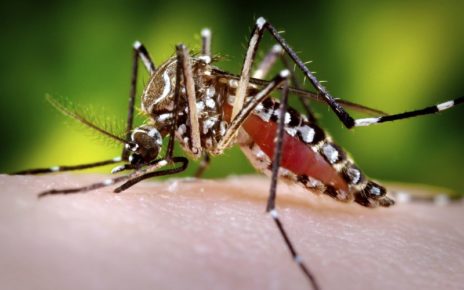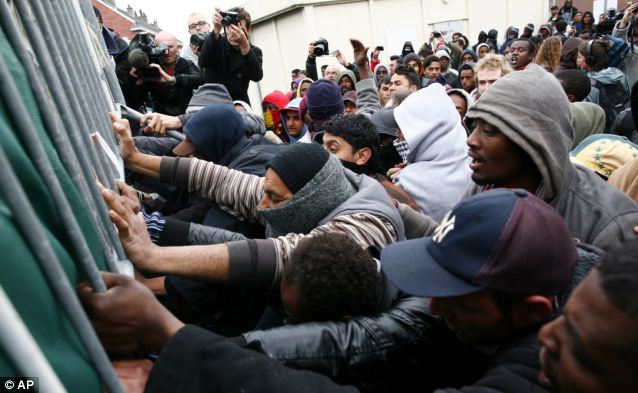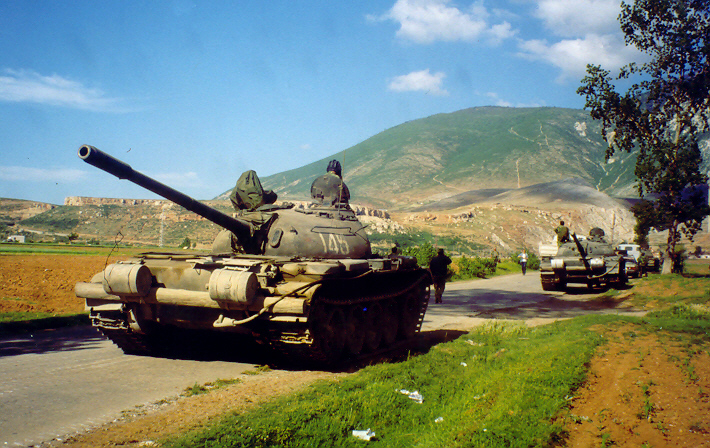Water insecurity affects around 1.2 billion people spreading all continents of the world. But this international security issue disproportionately affects urban populations, which are expected to grow to 6.3 billion in 2050, as urban areas are absorbing most of the population growth in the immediate future. This population growth and other protracted issues will simultaneously create unprecedented challenges for water security around the world.
How does water insecurity affect urban populations around the world?
Aishwarya Sahai: Water Scarcity and Human Security
Research Analyst
Water security is a topic seldom discussed in the field of international relations and its connections to human security. However, over the past few years, it has finally become a topic of discussion and created a sense of urgency in terms of international conflict.
Quite recently, several reports and articles have been released discussing the issue of water scarcity in places such as Mexico City, Bolivia and India. Water scarcity is not just an environmental issue but also an issue in terms of human security and global health. With the lack of clean, fresh water in places such as India, you see hundreds and thousands of people suffering from water-borne diseases. Lack of water can also lead to conflict over water resources, which can be seen in the Middle East.
Outside of human security, this issue is also an economic problem. Hydroelectricity is a huge source of power for many nations, and the depleting level of water often affects the economic stability and productivity of the state in question. On March 11, 2016, engineers in a power plant on the banks of the Ganges River in West Bengal faced a horrifying realization. The water level in the canal connecting the river to the plant had decreased rapidly. This situation forced authorities to suspend generation at the 2,300-megawatt plant in Farakka creating shortages in the power grid.
Water scarcity is an environmental issue when populations and pollution are put into consideration. However, it is also an issue of governance. How are water resources allocated? How much water is used in the production of bottled water and is it environmentally friendly? Policy analysts and governments must understand that water is a renewable resource when it is properly used and managed. However, when we create a wasteful economy, and policies without consideration for the future, we create a world where renewable resources become scarce.
Michael Oshell: Political Insecurity and Conflict
Research Analyst
Conflict over resources will become one of the most significant emerging issues of international affairs in the 21st century. Whether directly, or indirectly, conflict for resources – namely water, will threaten rural and urban populations alike.
Competing visions of how water and other natural resources are harvested and protected can put local populations at odds with governments and administrations of every level. Such distrust between populations and governments will lead to more conflict and uncertainty over the future and security of local, and regional water resources.
Water insecurity will exacerbate pre-existing political and social problems leading to further breakdown in local, and wider regional, conflict resolution. Water insecurity not only threatens food production, energy supply and domestic usages for many urban populations but threatens the social fabric of large urban centres and the day-to-day security necessary to sustain basic economic and social functions. Countries already suffering and struggling with poverty, or going through religious tensions are also subject to deteriorating economic and social conditions. Because of increased local and regional competition, corruption, bad resource management and the impacts of climate change, water insecurity will continue to negatively affect the life and security of many urban populations.
Emile Lavergne: Do We Have an Answer to the Challenge?
Master of Global Affairs Candidate at the University of Toronto’s Munk School of Global Affairs and Co-Chair of the Munk School Students’ Environmental Working Group
Access to water is important, and a rapidly urbanizing planet must act to ensure its access. On March 23, a report on the Flint Water Crisis concluded that governance failures were largely to blame for the high lead levels in residents’ water. Negligence and environmental racism lead to poisonous orange water being pumped into people’s homes. A recent paper out of the University of British Columbia found that Shanghai needs to improve the quality of its water supply as the Huangpu River, where it sources much of its water, is “below potable quality.”
Today, 4 billion people face severe water scarcity for at least one month of the year. Urbanization is taking place all over the world. The United Nations projects that 66% of the world’s population will be urban in 2050; that’s 66% of 9.7 billion. Climate change will impact water and food security.
How then, must we respond? What sustainable solutions exist to ensure urban centres have access to enough water as they develop and the world changes? Mitigating climate change will help, but no one invention, no one policy prescription will solve this problem. Answers will inevitably be context specific. Sustainable solutions will call for cross-sector and cross-disciplinary engagement. Most importantly, once we think we have an answer to the challenge, how do we make it happen?
These concerns inspired us, at the Munk School Students’ Environmental Working Group and the NATO Association of Canada, to hold a panel called “Urban Water Security Panel: Accessing Water in Cities.” For further information and registration please click here.




